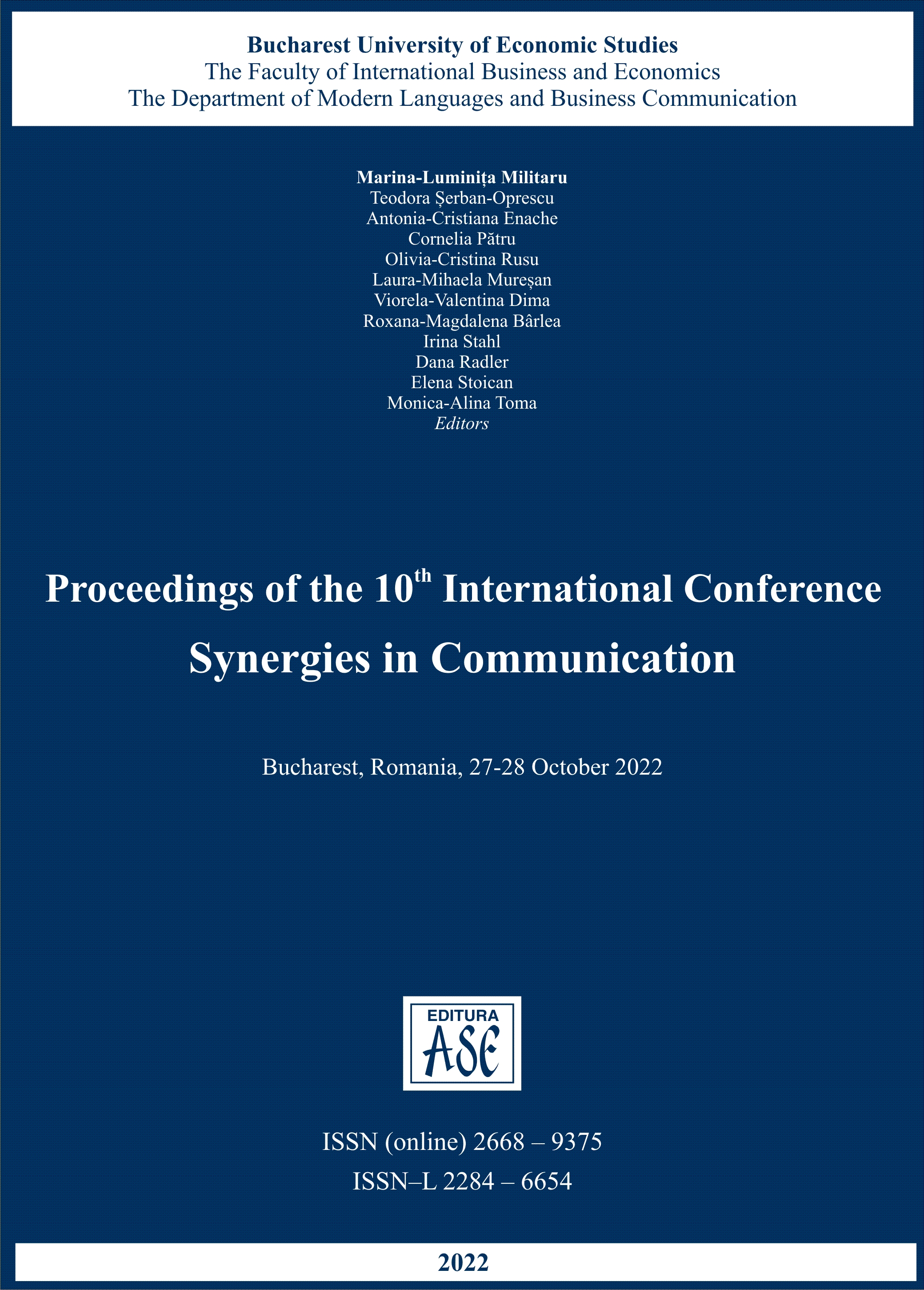ARCHAISMEN IN DER VOLKSDICHTUNG. ÜBERLEGUNGEN ZU QUANTITATIVEN FORSCHUNGSMETHODEN DES WORTUNTERGANGS ANHAND VON EINEM REPRÄSENTATIVEN KORPUS
ARCHAISMS IN FOLK POETRY. REFLECTIONS UPON QUANTITATIVE RESEARCH METHODS OF WORD ARCHAIZATION BASED ON A REPRESENTATIVE CORPUS
Author(s): Maria Sânziana ILIESCUSubject(s): Language and Literature Studies, Literary Texts, Customs / Folklore, Theoretical Linguistics, Cultural Anthropology / Ethnology, Theory of Literature
Published by: EDITURA ASE
Keywords: word obsoleteness; archaisms; quantitative causes; archaization; folk poetry;
Summary/Abstract: The present paper offers insight into the causes of archaization of old lexemes and aims to emphasize the relevance of quantitative factors. Whereas such lexical items may be hold for iconic – considering their occurrence in older texts or folkloric lyrics – most of them have either ceased to be codified in contemporary dictionaries of the German language, or they are unheard of in the spoken language. The process and causes of archaization are thus being analyzed on a representative selection of such words. Tandaradei, allhier or Feinstlieb are such words that in spite of their iconic role in literary texts are no longer used by the linguistic community. The processes that shaped their archaization are manifold, raging from singular causes – such as the semantic hypertrophy of allhier – to causes that are complexly linked to each other. The analyzed words exhibit an interesting link between their archaization and certain measurable traits, thus shedding a new light on underlying linguistic principles. The findings of my research suggest that such principles may be regarded as laws of archaization and that quantitative linguistics should be better integrated in the analytical instrumentarium of archaisms.
Journal: Synergies in Communication
- Issue Year: 1/2022
- Issue No: 1
- Page Range: 128-139
- Page Count: 12
- Language: German

